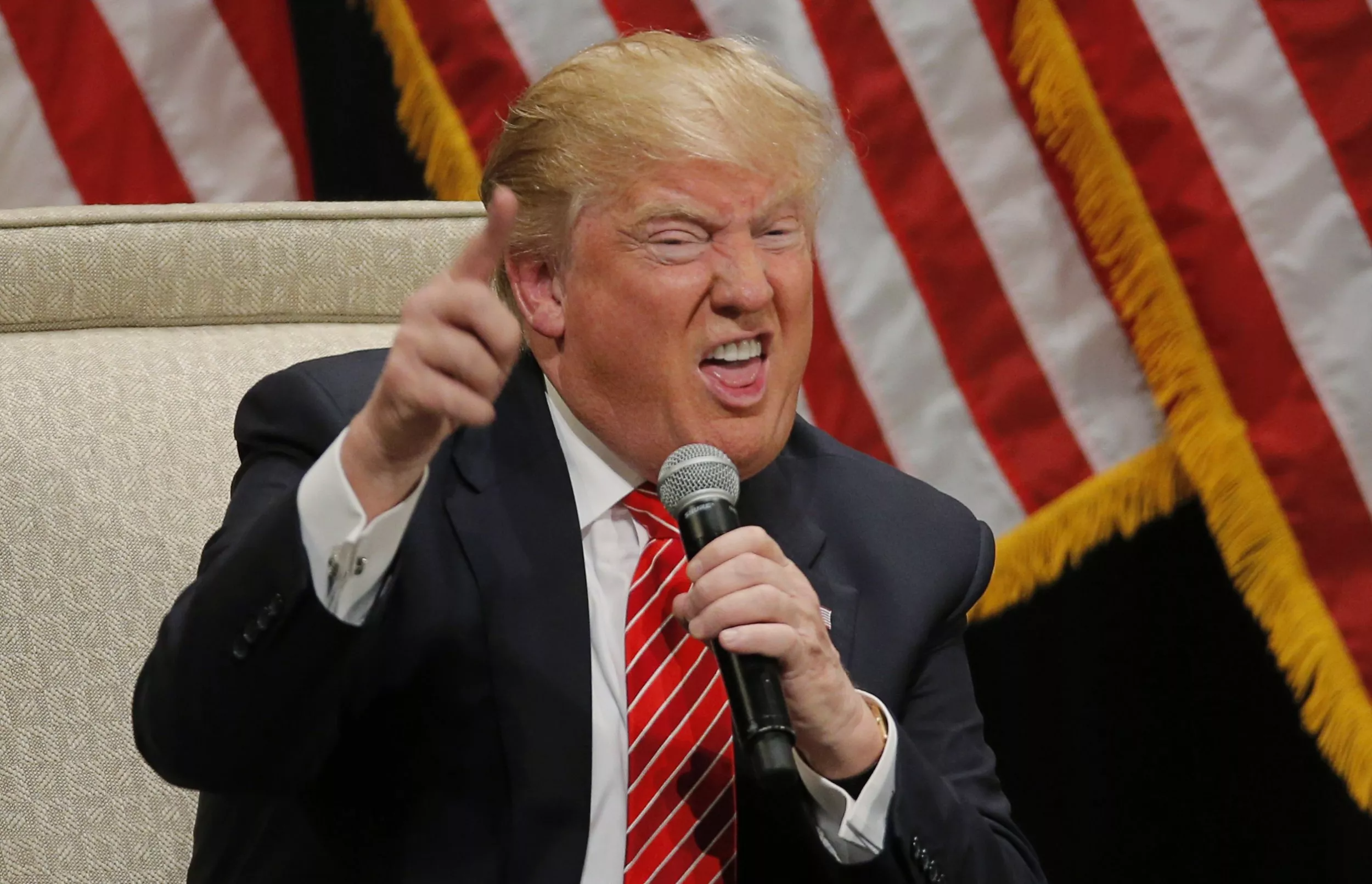Published on: 05 June,2025
—–
President Donald Trump has reinstated a travel ban affecting 19 countries, citing national security concerns. Discover the full list of banned nations, understand the exemptions, and explore the global reactions to this significant policy shift.thetimes.co.uk+1washingtonpost.com+1
—–
On June 4, 2025, President Donald Trump signed a proclamation reinstating a travel ban that affects citizens from 19 countries. This policy, reminiscent of the 2017 travel restrictions, is set to take effect on June 9, 2025, and has sparked widespread discussion and controversy.washingtonpost.com
Countries Fully Banned from U.S. Entry
The proclamation enforces a complete ban on both immigrant and non-immigrant visas for nationals from the following 12 countries:aljazeera.com
- Afghanistan
- Myanmar
- Chad
- Republic of the Congo
- Equatorial Guinea
- Eritrea
- Haiti
- Iran
- Libya
- Somalia
- Sudan
- Yemenen.wikipedia.org+7aljazeera.com+7reuters.com+7en.wikipedia.org+8cbsnews.com+8aljazeera.com+8en.wikipedia.org+8pbs.org+8pbs.org+8aljazeera.com+7pbs.org+7washingtonpost.com+7indiatimes.com+10en.wikipedia.org+10nypost.com+10aljazeera.com+8en.wikipedia.org+8reuters.com+8
Citizens from these nations are barred from entering the United States under any visa category, including tourist, student, and work visas. en.wikipedia.org+1thetimes.co.uk+1
Countries with Partial Visa Restrictions
In addition to the full bans, the following seven countries face partial restrictions:thetimes.co.uk+2aljazeera.com+2people.com+2
- Burundi
- Cuba
- Laos
- Sierra Leone
- Togo
- Turkmenistan
- Venezuelawhitehouse.gov+9washingtonpost.com+9aljazeera.com+9people.com+4aljazeera.com+4washingtonpost.com+4
For these countries, the restrictions primarily affect immigrant visas and certain non-immigrant categories. aljazeera.com+1en.wikipedia.org+1
Rationale Behind the Ban
The Trump administration cites national security concerns as the primary reason for the reinstated travel ban. The decision follows a recent incident in Boulder, Colorado, where an Egyptian national, allegedly on an expired visa, committed an antisemitic attack. Although Egypt is not on the banned list, the event has intensified scrutiny over visa overstays and vetting processes. cbsnews.com+4people.com+4nypost.com+4
The administration argues that the listed countries have inadequate screening and vetting procedures, high visa overstay rates, and lack cooperation in deportation processes. washingtonpost.com+4cbsnews.com+4whitehouse.gov+4
Exemptions to the Ban
The proclamation outlines specific exemptions, including:aljazeera.com+6cbsnews.com+6washingtonpost.com+6
- U.S. permanent residents (green card holders)
- Spouses and children of U.S. citizens with verified relationships
- Diplomats and official government representatives
- Athletes participating in major international sporting events, such as the FIFA World Cup and the Olympics
- Afghans who assisted U.S. forces and possess special visas cbsnews.com+1thetimes.co.uk+1indiatimes.com+2washingtonpost.com+2cbsnews.com+2en.wikipedia.org+1washingtonpost.com+1
Global Reactions
The travel ban has elicited strong reactions both domestically and internationally:indiatimes.com+3washingtonpost.com+3thetimes.co.uk+3
- African Union: Expressed concern over the inclusion of several African nations and urged the U.S. to reconsider the policy.
- Venezuela: Condemned the ban, labeling it as discriminatory and politically motivated.
- Human Rights Organizations: Groups like Oxfam America have criticized the ban for targeting predominantly Muslim and African countries, arguing that it undermines humanitarian efforts and international relations. washingtonpost.com
Comparison to Previous Travel Bans
This 2025 travel ban mirrors the controversial 2017 policy, which faced numerous legal challenges and was eventually upheld by the Supreme Court in 2018. The current ban expands upon the previous list, adding countries like Haiti and Myanmar, and introduces more defined exemptions to preempt legal disputes.
Looking Ahead
As the ban is set to take effect on June 9, 2025, its implications on international relations, immigration patterns, and domestic politics remain to be seen. Legal challenges are anticipated, and the global community will be closely monitoring the policy’s impact.
For further information and updates:

